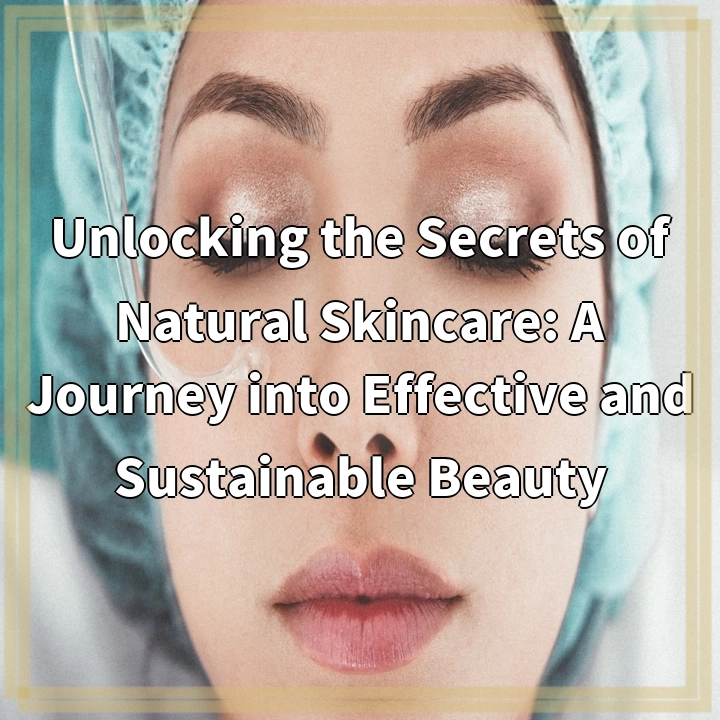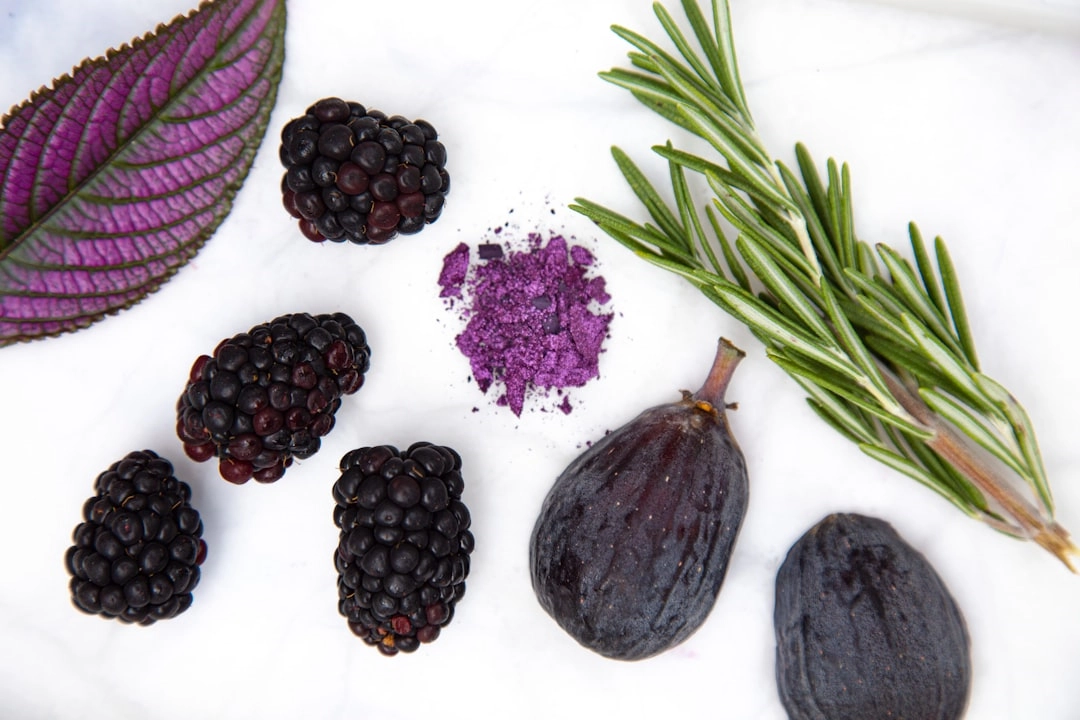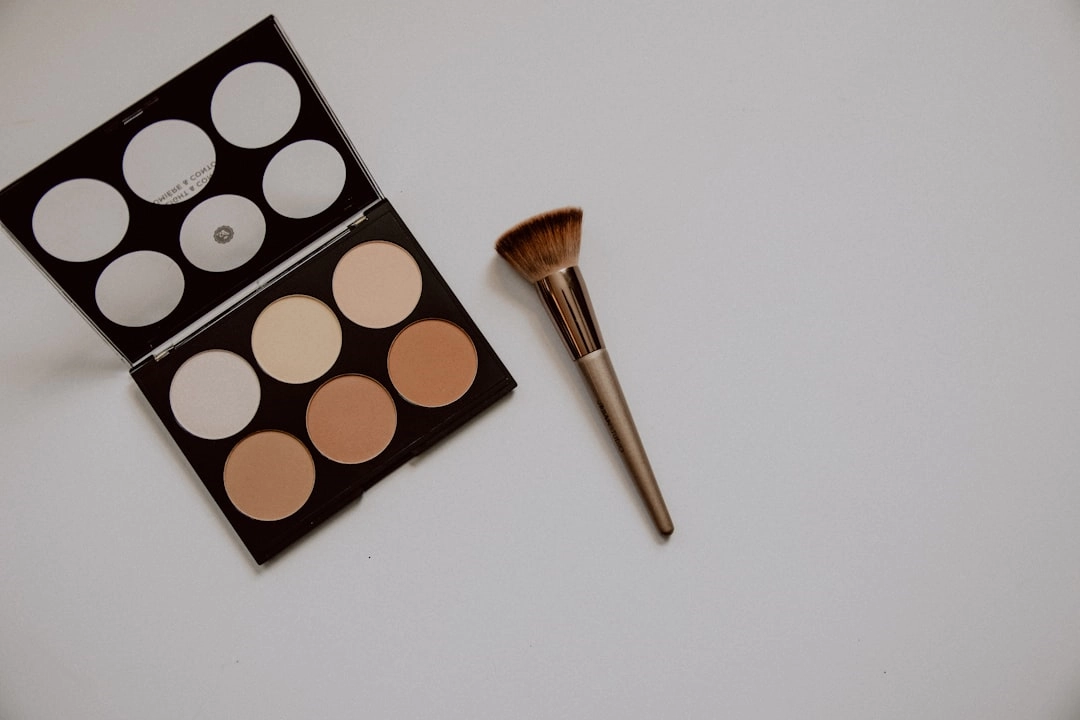
What it is:
Natural skincare is a movement that focuses on using plant-based and organic ingredients to nourish and care for our skin. It involves embracing products that are free from harsh chemicals and artificial additives, and instead opting for ingredients that are derived from nature.
Real-world Problems:
1. Chemical Overload:
In today’s beauty industry, many skincare products are filled with synthetic ingredients that can be harmful to both our skin and the environment. From parabens to sulfates and phthalates, these chemicals have been linked to various health concerns such as skin irritation, hormonal disruptions, and even potential long-term health risks.
2. Environmental Impact:
Conventional skincare products often contain ingredients that are not biodegradable, and their production contributes to pollution and resource depletion. The cultivation of non-organic ingredients can also harm biodiversity and negatively impact ecosystems.
3. Misleading Marketing:
The beauty industry is notorious for misleading marketing claims, making it difficult for consumers to make informed choices. Terms like “organic,” “natural,” or “green” are sometimes used without proper regulation or certification, leading to confusion and greenwashing.
4. Skin Sensitivities:
Skin sensitivities and allergies have become increasingly prevalent, and many conventional skincare products can exacerbate these conditions. Harsh chemicals and artificial fragrances often trigger reactions and make it difficult for those with sensitive skin to find suitable products.
5. Unsustainable Packaging:
Most conventional skincare products come in packaging made from plastic or other non-biodegradable materials. This contributes to the global plastic waste problem and harms marine life when disposed of improperly.
6. Lack of Transparency:
Some skincare brands do not fully disclose their ingredient lists, making it challenging for consumers to know exactly what they are putting on their skin. Without transparency, it is difficult to make informed choices and avoid potentially harmful ingredients.
In summary, the natural skincare movement has gained momentum due to the realization of the real-world problems associated with conventional beauty products. From the environmental impact to potential health concerns, there is a growing need for effective and sustainable beauty options that prioritize the well-being of both our skin and the planet.

Potential Solutions:
1. Choose Natural and Organic Skincare Products:
Opt for skincare products that are formulated with natural and organic ingredients. Look for certifications such as USDA Organic or Ecocert to ensure the authenticity of the product. Choosing products that prioritize plant-based ingredients can reduce exposure to harmful chemicals.
2. Read and Understand Labels:
Take the time to read and understand the ingredient list on skincare products. Educate yourself about potentially harmful chemicals and avoid products that contain them. Look for transparency in labeling and choose brands that disclose their full ingredient lists.
3. Support Sustainable Packaging:
Choose skincare brands that prioritize sustainable packaging options, such as recyclable or biodegradable materials. By supporting companies that are committed to reducing their environmental footprint, you can contribute to the reduction of plastic waste and promote eco-friendly practices.
4. Educate Yourself:
Stay informed about the latest research and developments in natural skincare. Join online communities, read blogs, and follow reputable sources to deepen your knowledge. This will help you make informed choices and navigate through the marketing claims of different brands.
5. Support Ethical and Transparent Brands:
Choose skincare brands that prioritize transparency and ethical practices. Look for brands that are committed to sustainable sourcing, fair trade, and cruelty-free production. Support companies that have a positive impact on local communities and the environment.
6. DIY and Home Remedies:
Consider incorporating homemade skincare remedies and DIY recipes into your beauty routine. Making your skincare products using natural ingredients allows you to have full control over what you apply to your skin and can be a fun and sustainable alternative.
In conclusion, by making conscious choices and supporting the natural skincare movement, we can address the real-world problems associated with conventional beauty products. Through informed decision-making, we can prioritize our skin’s health and well-being while also contributing to a more sustainable and eco-friendly beauty industry.















